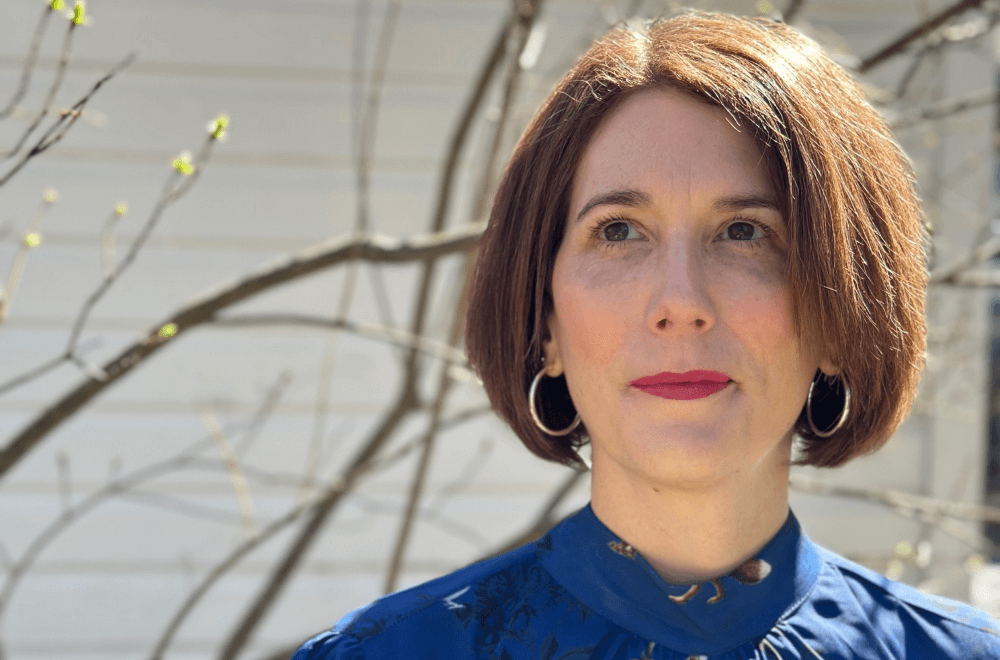
“I was definitely a music theater nerd.”
What inspired you to study music history?
From the time I was 5 years old, I had a deep-seated desire to be on Broadway or the West End—I studied acting, dance, and voice, all with an eye to future stardom. The first show I memorized was Andrew Lloyd Webber and Tim Rice’s Evita at the precocious age of 8. Huddled around our record player in our echo-y basement, I belted out the titular role, while my long-suffering younger sister sang all the other parts. In subsequent years (and beyond the confines of our family basement), I performed in numerous shows—I was definitely a music theater nerd.
…My love of music history was sparked by watching Amadeus in middle school. Obviously, Amadeus is not an accurate portrayal of Mozart or Salieri, but the film incited my desire to know more about the human beings behind the music. This fascination only grew over time.
What excites you about research?
I am a self-proclaimed archive rat. I feel like a detective, tracking down clues to better understand the mysteries of the past. When I turn up something significant, it’s a thrill like nothing else. Last summer I located the prompt copy of the script for the West End premiere of Evita, a vital document for understanding how the show worked onstage in Hal Prince’s original 1978 staging.
What has your study of music history taught you—not just as a scholar or a teacher, but as a person?
That our archives—our scores, our documents that capture musical activities—are always contingent. These records are filled with gaps of various kinds, gaps in the notation that would have been filled by adept performers and gaps in the archive that exist because the music (or the musician) was deemed unworthy of consideration. In my research and teaching I explore both kinds of gaps. I love to find ways to engagingly present historical works for audiences today, creatively filling gaps through performance. I also examine the silences of the archive, exploring the reasons why certain musicians were excluded from the canon and why some musical practices were valued above others so we might better redress these injustices in the present.
Edited and condensed for length.

